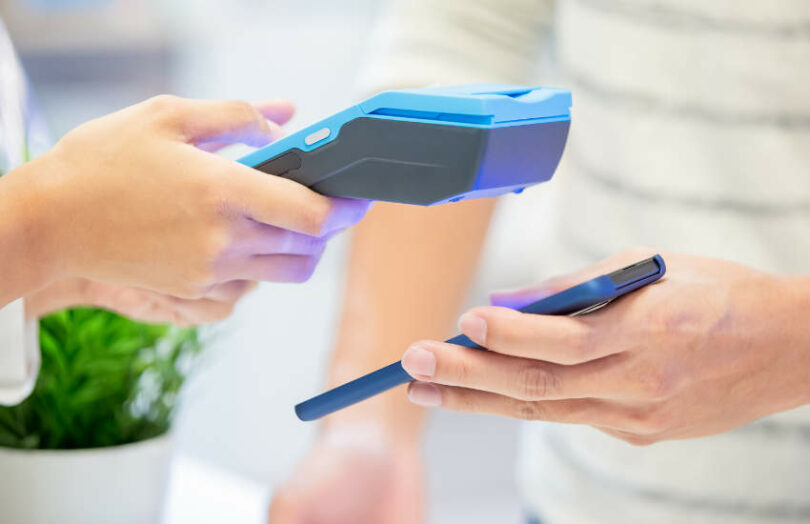The Pheu Thai Party, the leader of Thailand’s new coalition party, plans to follow through on its policy for a 10,000 baht ($285) giveaway to every person aged 16 or older in early 2024. The economic stimulus will be in the form of a digital “utility token” based on blockchain and using a digital wallet.
Previously, Pheu Thai deputy secretary-general Paopoom Rojanasakul said that in addition to the stimulus, one of the objectives is to roll out a nationwide blockchain-based financial payment system. The party’s website also states it is supportive of a central bank digital currency (CBDC).
Rather than giving away cash, the purpose of the Thai blockchain giveaway is to encourage local businesses by restricting its usage to within 4 kilometers of home. And citizens can spend the token on certain things such as food, water and medicine. They cannot use it online, nor can it be exchanged for cash, and will expire after six months. Given the payment will be based on national identities, those without a mobile phone can use their ID to receive a code.
Article continues …

Want the full story? Pro subscribers get complete articles, exclusive industry analysis, and early access to legislative updates that keep you ahead of the competition. Join the professionals who are choosing deeper insights over surface level news.






